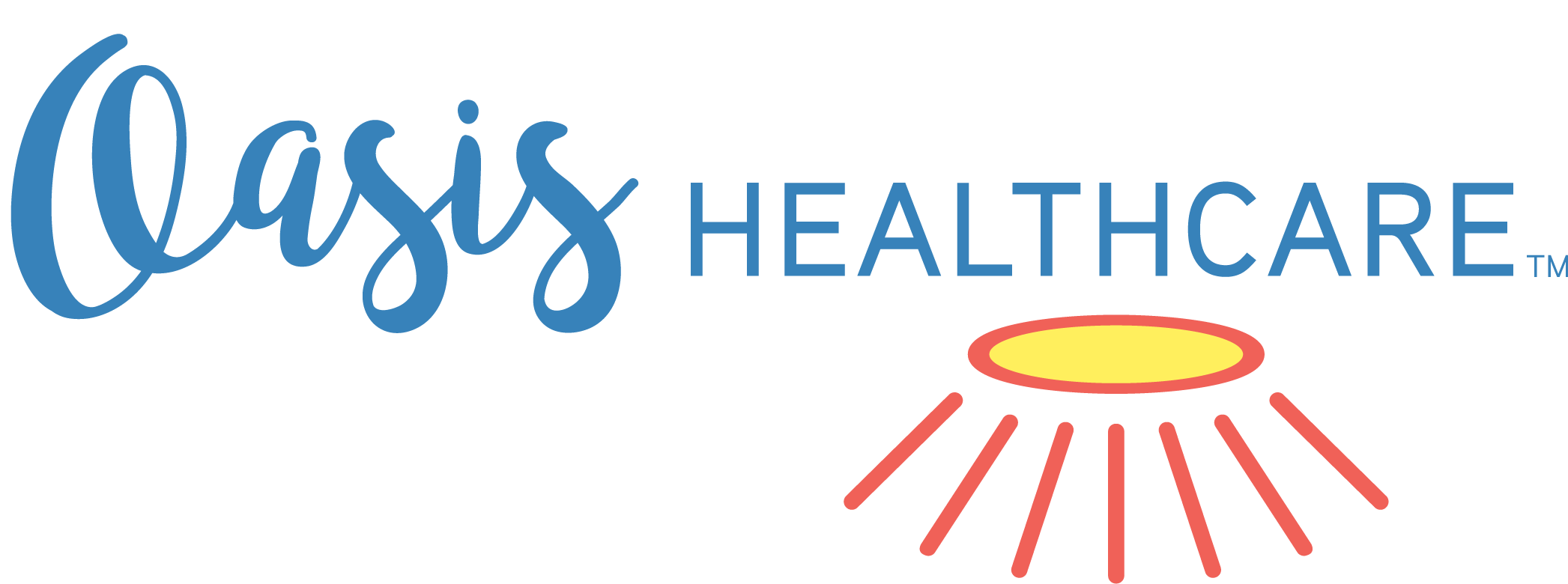
Heart Failure and Hospice
By: Marisol Ramirez, RN
Now more than ever, it is imperative to manage serious conditions in the comfort of a patient’s home. Physicians, patients, and families can all agree that a caring and competent team is needed for optimal patient care. Under this joint effort, patient outcomes improve and overall healthcare costs lower for patients, specifically those experiencing congestive heart failure (CHF).
Caring for a loved one with heart failure in hospice
Making decisions for a loved one with heart failure can be difficult. You want the best care for your loved one.
- But how do you know when hospice care is the best option for your loved one experiencing advanced heart failure?
- Does having hospice mean that your loved one will be placed far away in a nursing home type of facility?
If you have some of these questions going through your mind, you are not alone.
The beauty of hospice care is that it does nothing to either hasten or postpone death. Instead, the focus is to provide the patient with the best quality of life, provide comfort measures, and ensure the patient is safe and pain-free. We can provide hospice care in the comfort of the patient’s home or at a compassionate facility, depending on their needs and preferences.
What is congestive heart failure?
Congestive heart failure (CHF), also known as heart failure (HF), happens when the heart is no longer able to pump blood throughout the body adequately. There are several different reasons why the heart’s pumping efficiency becomes impaired:
- Coronary Artery Disease (CAD)- arteries become blocked or narrowed
- High Blood Pressure/Hypertension
- Heart valve disorders
- Heart rhythm abnormalities
- Thyroid disorders
- Viral infections
At first, the heart may try to compensate, so it works harder to continue to meet the body’s demand. Eventually, the heart becomes damaged and overwhelmed due to the excessive demand on it to supply blood, oxygen, and nutrients to all vital organs and tissues. Heart failure soon begins to manifest itself.
Common signs and symptoms of heart failure
- Shortness of breath
- Difficulty breathing even while at rest or lying flat
- Chest pain
- Fluid retention- often appears as swelling of feet, ankles, abdomen, and fluid build-up in the lungs
What are the different stages of heart failure?
Signs and symptoms that the patient may feel vary depending on how far along the disease has progressed. The New York Heart Association explains heart failure stages.
Class A
Heart failure is in the beginning stage. Patients may not be aware since they can perform physical activity without experiencing fatigue or shortness of breath on exertion.
Class B
Patients begin to notice a decline in their physical activity. This happens as they begin to experience increased:
- Weakness
- Fatigue
- Heart rate
- Difficulty breathing
- Chest pain
But when at rest, they may feel no symptoms and feel comfortable.
Class C
Minimal and ordinary activities become more difficult to complete. Their decline in physical activity participation becomes more prominent as they continue to feel increased weakness, fatigue, increased heart rate, difficulty breathing, and chest pain. But again, when at rest, they may feel no symptoms and feel comfortable.
Class D
Patients can no longer complete physical activities and experience the classic signs and symptoms of heart failure (weakness, fatigue, shortness of breath, chest pain) even while at rest.
Tracking symptoms and treatments through the stages of heart failure in hospice
Having peace of mind while living with heart failure is important. Grane Hospice Care strives to ensure that your loved one is competently taken care of through the disease process. Competent and skilled nurses perform routine assessments to accurately track the symptoms and administer treatments prescribed by the medical team.
How to treat heart failure with hospice at home
Treating heart failure at home is definitely a team effort, involving the patient, their family or caregiver, and the medical team. Your healthcare team’s goal is to provide the patient and their families with the tools needed to prevent exacerbation and provide strategies to prevent a CHF crisis. Your loved one will feel more in control by implementing simple ways to track their symptoms.
Monitor blood pressure
Daily blood pressure monitoring is essential. Keeping blood pressure under control and in normal ranges will help the heart from over-exerting itself. Our expert nurses will teach the patient and family the implications of healthy blood pressure. They will also explain the normal parameters as recommended by the team of physicians.
Daily weigh-ins
When cardiac performance is deficient, this causes a decrease in cardiac output. In turn, this causes the kidneys to retain water and salt. This extra fluid can typically accumulate in the legs, ankles, feet, abdomen, and lungs. This increase in water retention causes an apparent weight increase. Thus, it is recommended that daily weights be completed and weight gain be closely monitored. Generally, any weight gain of more than 2-3 lbs a day or 4-5 lbs in five days means you should contact your nurse or physician.
Diet
Having a well-balanced diet is important. Incorporating fruits, vegetables, and whole grains is beneficial. However, the most important element to monitor in the diet is sodium (salt) intake. Sodium hides in many foods. Your doctor will tell you exactly how many milligrams to include in your diet. Remember, sodium attracts water. So, you want to avoid water from accumulating to ease the workload on your heart.
Follow medication instructions
Managing your medications used to treat heart failure may cause some fear or anxiety. This may seem like a daunting task for a family caregiver as well. But be at peace knowing your healthcare team will provide expert medication management and education. There are things you should be aware of with medications. For example, diuretics (like Lasix), also known as water pills, help the body eliminate excess water in the tissue. As the diuretics do their job of taking out the unwanted water, it may also cause your body to get rid of essential electrolytes that your body needs for essential functions. Your hospice team will:
- Help you understand your medications & identify side effects of the medications you take
- Help you get refills
- Teach you the importance of staying compliant with your medications
- Ensure you get regular lab work done to monitor the levels of medications such as Digoxin
- Ensure you stay hydrated and stay safe while taking your diuretics
Good sleep habits
Research has indicated that good sleep habits affect heart health. Having a good night’s rest, with 7-8 hours of sleep per night, is important in the body receiving sleep benefits. As the body enters into the deep stage of non-rapid eye movement (NREM) stage, the body’s heart rate slows down, blood pressure decreases, and breathing becomes more stable. This becomes important in patients with heart failure because it can help reduce the heart’s workload.
Overall, getting adequate rest allows the body to recuperate. Thus, receiving hospice care at home is essential. This can eliminate frequent night interruptions that are more likely to happen if a patient is in a nursing home facility or a hospital setting.
The role of the caregiver
Taking on the role of caregiver may be challenging, but it doesn’t have to overwhelm you. The caregiver is usually a close relative of the patient, who becomes an advocate for the patient, caretaker, and perhaps the person running the household chores and responsibilities. Having a reliable caregiver available is key. Your Hospice case manager will talk to you to offer support and ensure you have the adequate services available to fill in the gaps for when you need help. Some questions to ask yourself are:
- Will my emotions of grieving the soon loss of a loved one get in the way of me properly caring for him or her?
- How will my other responsibilities, if any (ex: jobs, family duties, household chores, etc.), prevent me from performing my caregiver role?
- Do I have the courage to delegate duties and responsibilities to others when I need help?
- What services does Medicaid or Medicare offer in providing personal care services to a sick loved one?
We are here to support you every step of the way.
The benefit of in-home hospice services
In-home hospice services bring benefits to the patient in the comfort of their home. Our hospice care team provides the following benefits:
- Case management and coordination of all services needed by the patient
- Routine and as-needed skilled nursing care to assess patient status, administer medications or treatments as needed, control pain, and symptoms
- Continuous care up to 24 hours if a crisis occurs
- Inpatient care as needed for extra help
- Respite care up to five days for families who need a little break
- Bereavement services
- Medical equipment, supplies, and medications pertaining to the hospice diagnosis
- Specialty services such as Music Therapy and Pet Therapy
How Grane teams up with physicians to individualize heart failure patient care
Living with heart failure can be very difficult for patients psychologically, physically, and emotionally. These patients and their families have special needs that can only be met by caring clinical professionals and skilled nurses. Some reasons why more physicians are choosing to team up with Grane Hospice:
Keeping you at home
Staying at home with familiar surroundings is beneficial to the patients. Studies and surveys have demonstrated that patients receiving care at home are more at ease psychologically and emotionally.
Individualized care
Every patient is unique and may have different needs depending on their stage of the illness. Our team ensures that individualized care is provided and that personal attention is given to every patient.
Reduce healthcare costs by reducing rehospitalizations
Reducing cost is important. However, it becomes even more important for patients experiencing advanced heart failure to prevent exacerbations, leading to rehospitalization. Rehospitalizations debilitate the patient’s overall health and place them at risk for faster deterioration. Studies have shown that patients receiving healthcare at home have higher chances of avoiding complications.
Education
Ever felt fearful of the unknown? What should you expect with a heart failure diagnosis? Education is key in alleviating fears and gaining clarity in understanding the nature of CHF.
Patients and their families can have peace of mind knowing We will provide them with an easy-to-follow educational program designed specifically for patients experiencing CHF. Key educational teaching points provided by the healthcare team:
- The nature of CHF
- Signs and symptoms associated with the disease, ex: fatigue, angina
- How to manage signs and symptoms
- How to create an emergency care plan
- Nutritional education and what foods to avoid
- Medication management
Remember, you are not alone as you navigate through this process of advanced heart failure. Grane Hospice’s mission, along with our collaborating physicians, ensure that the best possible care is provided. Remember, you are the reason why physicians decide to collaborate with Grane Hospice. Your health and safety at home is a priority.


